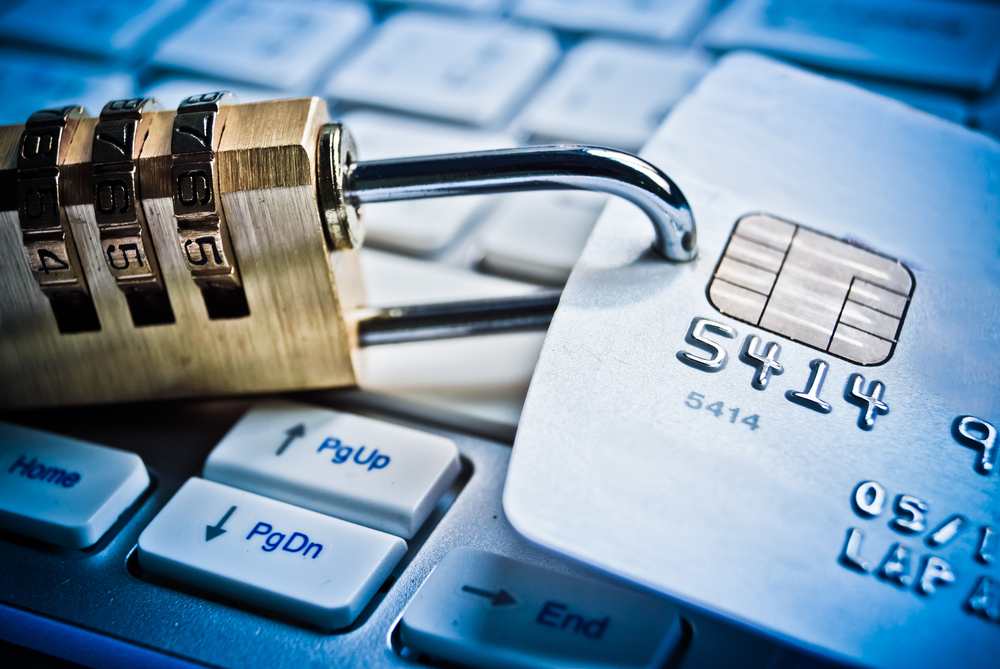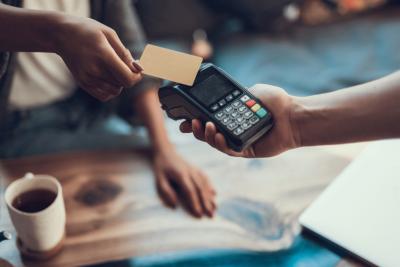Our Educate A Child International Fixed Term Deposit empowers education for marginalised and vulnerable children.


What to look out for
What to look out for
What to do
Remember, you don’t have to open the door to anyone you don’t know at any time, and current government guidelines state that you should stay at least two metres (six feet) away from people outside your household to help contain the spread of coronavirus.
If you decide to answer the door, take the following steps:
Who to contact about doorstep scams
** Source: https://www.fundraisingregulator.org.uk/more-from-us/news/coronavirus-covid-19-advice-fundraising

Find out how to avoid some of the most common Ramadan scams:
Whether you've been the victim of fraud, or you're looking to learn more about avoiding it, we are committed to keeping you and your accounts as safe as possible.

Learn more about the threat from viruses and trojans

Identity theft is a risk that we all face.

Social media is creating new opportunities for fraudsters.

Learn about the risks.

As online shopping increases, so do fraudsters' attempts to scam.

Fraudsters use different techniques to steal your card details.

Find out more about how criminals use 'money mules' and protect yourself from becoming a victim.

APP fraud is a crime which affects businesses and individuals